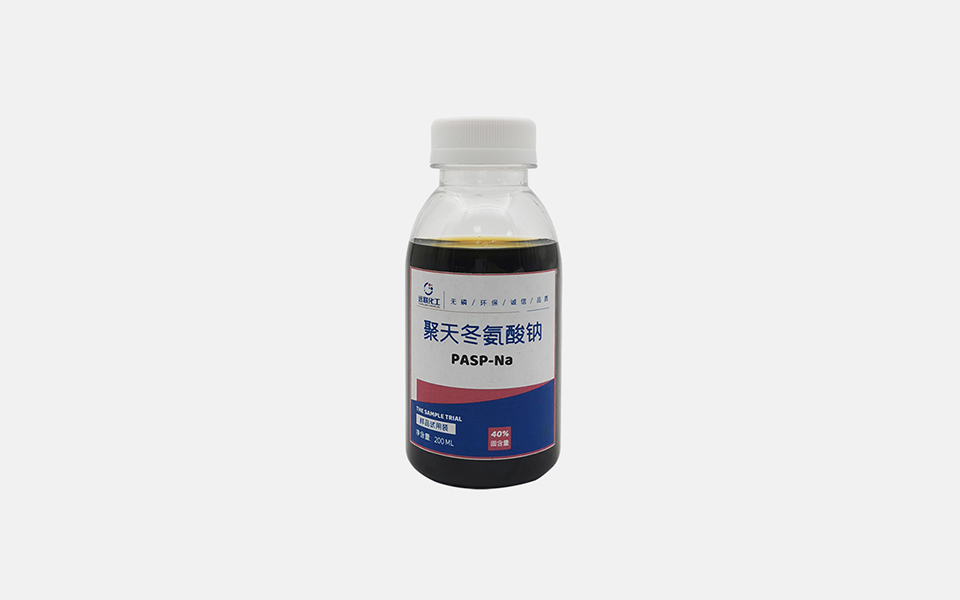
Unlock the Power of Polyaspartic Acid: The High-Performance, Eco-Friendly Polymer
In the quest for sustainable, high-performing materials, Polyaspartic Acid (PASP) stands out as a remarkable biopolymer with transformative potential across numerous industries. Understanding its unique chemistry and diverse applications reveals why it's becoming an essential ingredient for forward-thinking businesses.
The Chemistry: Nature's Blueprint, Enhanced
PASP isn't just another synthetic polymer. It's inspired by nature itself, mimicking the structure of proteins found in mollusk shells. This biomimicry results in a polymer with exceptional properties:
-
Biodegradability: A crucial advantage in today's eco-conscious world. PASP readily breaks down naturally, minimizing environmental impact compared to persistent traditional polymers.
-
Chelating Powerhouse: Its molecular structure features multiple carboxylic acid groups along the chain, giving it an extraordinary ability to bind (chelate) metal ions like calcium, magnesium, iron, copper, and scale-forming cations. This is its superpower.
-
Water Solubility & Stability: PASP dissolves easily in water and remains stable under various conditions, including higher temperatures and pH ranges, making it highly practical for industrial formulations.
-
Scale & Corrosion Inhibition: By effectively sequestering scale-forming ions and forming protective films on metal surfaces, PASP prevents the buildup of damaging deposits and inhibits corrosion.

Transforming Industries: Key Applications of PASP
Leveraging this unique chemistry, PASP delivers significant benefits in critical sectors:
-
Water Treatment:
-
Scale Prevention: The premier application. PASP excels at preventing scale formation (calcium carbonate, calcium sulfate, barium sulfate) in boilers, cooling towers, reverse osmosis (RO) membranes, and desalination plants, ensuring efficient heat transfer and water flow.
-
Corrosion Inhibition: Protects pipes and equipment from corrosive damage, extending asset life and reducing maintenance costs.
-
Dispersancy: Keeps suspended particles like silt and iron oxides in solution, preventing fouling.
-
Eco-Alternative: Replaces less environmentally friendly phosphonates and polyacrylic acids.
-
-
Agriculture:
-
Nutrient Efficiency: Chelates essential micronutrients (like iron, zinc, manganese), making them more available for plant uptake, improving fertilizer efficiency, and combating nutrient deficiencies (e.g., chlorosis).
-
Soil Conditioner: Can help improve soil structure and water retention, particularly in problematic soils.
-
Biodegradability: Aligns perfectly with sustainable agricultural practices, leaving no harmful residues.
-

-
-
Detergents & Cleaners:
-
Builder & Anti-Redeposition Agent: Enhances cleaning power by sequestering water hardness ions (Ca²⁺, Mg²⁺), preventing them from interfering with surfactants. Also helps keep dirt suspended in the wash water.
-
Phosphate Replacement: An effective and eco-friendly alternative to phosphates, which contribute to eutrophication.
-
-
Personal Care:
-
Chelating Agent: Prevents trace metals in water from degrading product formulations or causing discoloration in shampoos, soaps, and lotions.
-
Potential Skin Benefits: Research explores its potential moisturizing and skin-conditioning properties.
-
-
Oil & Gas Production:
-
Scale Inhibition: Critical in downhole applications and pipelines to prevent scale blockages that restrict oil and gas flow, ensuring operational efficiency.
-
-
Pulp & Paper Manufacturing:
-
Peroxide Stabilizer: Chelates metals that catalyze the decomposition of hydrogen peroxide used in bleaching, improving bleaching efficiency.
-
Deposit Control: Helps prevent scale and pitch deposits on machinery.
-
Why Choose Polyaspartic Acid?
-
Superior Performance: Outstanding scale and corrosion inhibition, excellent chelation capacity.
-
Environmental Sustainability: Biodegradable, non-toxic, non-bioaccumulative, and a safe alternative to persistent chemicals.
-
Cost-Effectiveness: High efficiency often allows for lower dosage rates compared to traditional scale inhibitors, reducing operational costs.
-
Versatility: Adaptable formulations for diverse industrial needs.
-
Future-Proof: Aligns with tightening environmental regulations and the global push for green chemistry.
Embrace the PASP Advantage
Polyaspartic Acid represents a powerful convergence of performance and sustainability. Its unique chemical properties unlock solutions for critical challenges in water management, agriculture, manufacturing, and beyond. As industries strive for greater efficiency and reduced environmental footprint, PASP emerges as a smart, responsible, and highly effective choice.
Yuanlian Chemical specializes in the production of polyaspartic acid (PASP),tetrasodium iminodisuccinate(IDS), GLDA, MGDA etc. with stable quality and excellent quantity!





Contact us